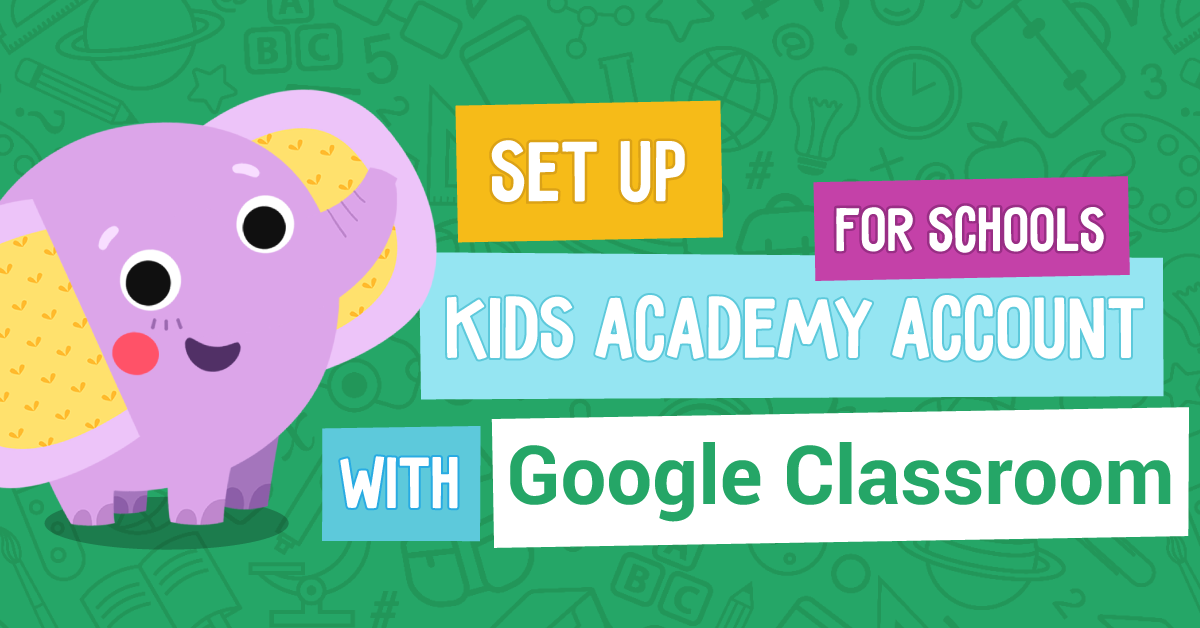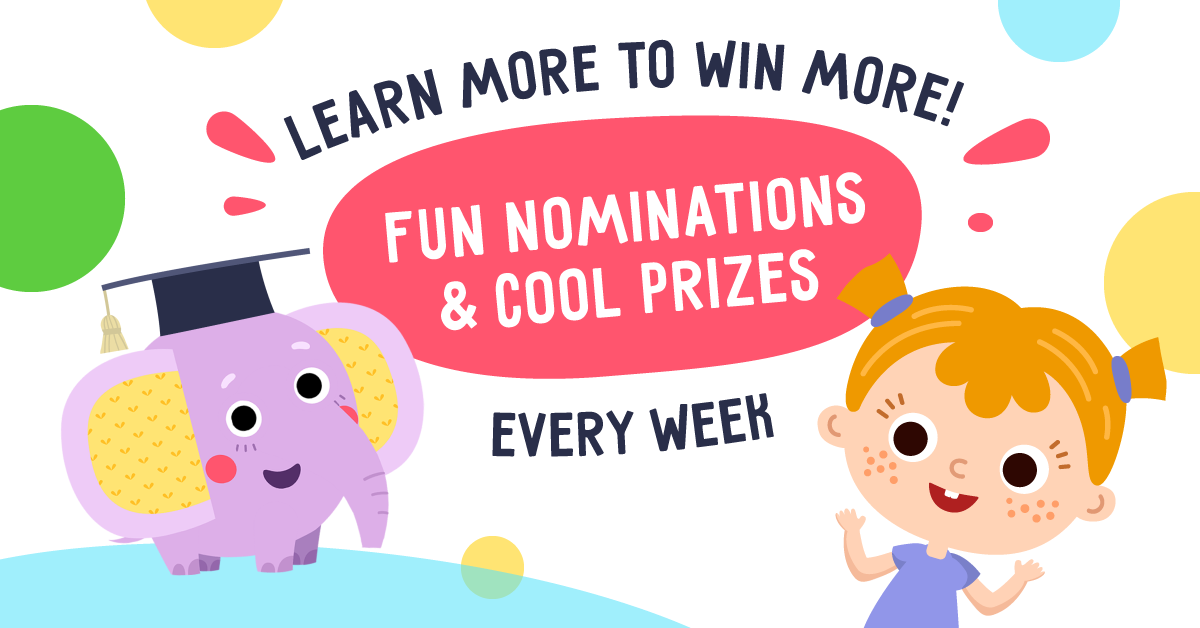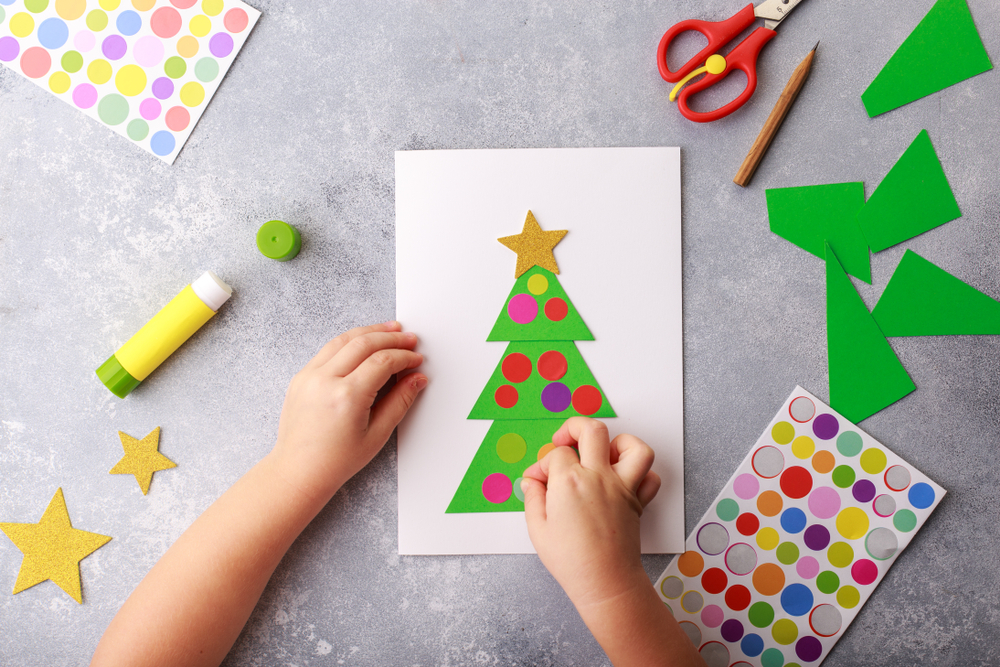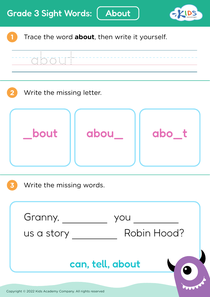Range of Reading and Level of Text Complexity worksheets for Grade 3
1 filtered results
-
From - To
Enhance your Grade 3 English Language Arts curriculum with our engaging Range of Reading and Level of Text Complexity worksheets! Designed to align with Common Core standards, these worksheets help students develop essential reading skills by exploring various text formats and complexities. Kids will gain confidence as they analyze different texts, engage with diverse topics, and further their comprehension abilities. With a variety of fun activities, these worksheets cater to different learning styles while promoting independent reading and critical thinking. Perfect for classroom use or at-home practice, our resources make learning to read both effective and enjoyable!
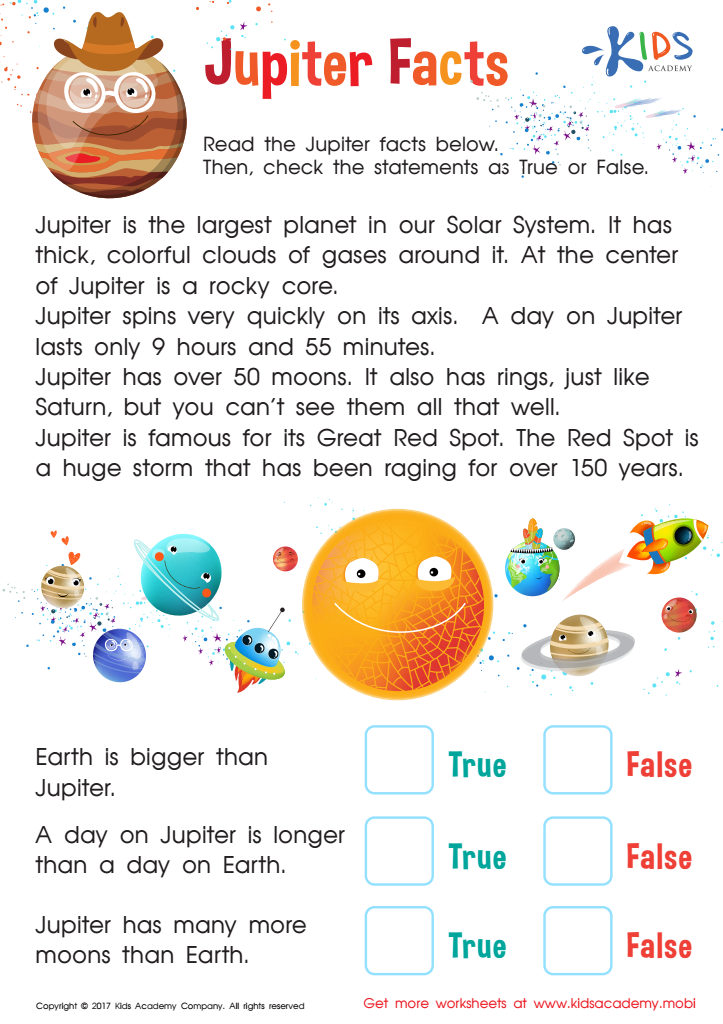

Jupiter Facts Worksheet
Range of reading and level of text complexity are crucial elements in Grade 3 literacy development that parents and teachers should prioritize. At this stage, students transition from learning to read to reading to learn, and exposure to a range of texts prepares them for diverse contexts and ideas. A wide reading range fosters comprehension, allowing students to explore various genres and topics, thereby enhancing their vocabulary, comprehension skills, and critical thinking.
Grade 3 is also a pivotal time for encountering increasingly complex texts. Teachers must challenge students with appropriately complex materials, exposing them to rich language and varied sentence structures. This builds cognitive skills essential for advanced literacy.
By focusing on text complexity, educators can support students in gradually mastering more demanding content, instilling the resilience needed to tackle challenging material in the future. For parents, engaging with their children in diverse reading activities can promote a home literacy environment that complements school learning.
Consequently, both parties play a vital role in guiding students’ reading journeys, ensuring they develop the necessary skills to navigate future academic demands—ultimately fostering a lifelong love for reading and learning.
 Assign to My Students
Assign to My Students



